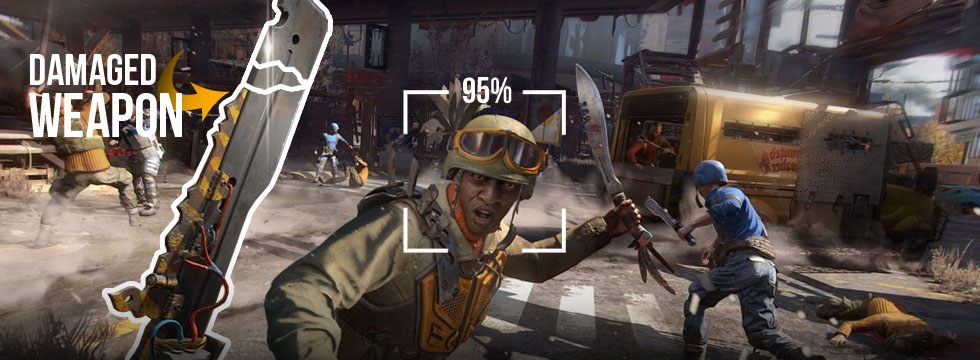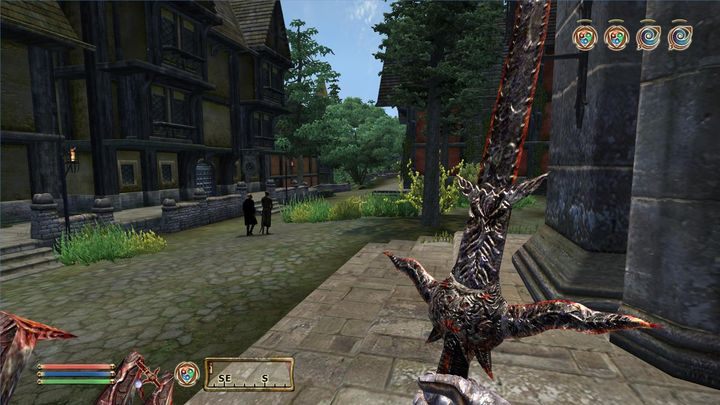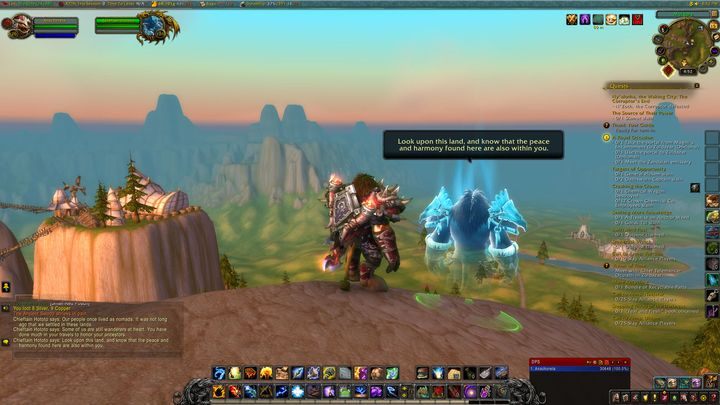Level scaling – David becoming Goliath. All the game mechanics we despise

- 95% Chances of Success and I Missed?! Game Mechanics We Hate
- Force of entropy – weapon wear
- Level scaling – David becoming Goliath
- Quick-time events
- RNG
- You're overloaded!
- Save the game only once!
- Killstreaks – Massacre of the Innocents
- Your computer is a fraud
- The Witcher sens(l)es(s)
Level scaling – David becoming Goliath
After 50 hours of playing, 300 days in-game, you enter a village, clad in the finest magical artifacts that you tore off the still warm, dead body of an arch-demon that wanted to eat the world. Your mithril shoulder pieces shine in the sun, your adamantium armor shines with protective runes, and your diamond sword cuts steel like it was paper. You look like the god of murder. Lord of destruction. A man, a legend.
But around the corner, a local peasant under the influence delivers a sneaky backstab with his simple, yet effective wooden club, and you have to reload the game.

The official explanation is this: level scaling makes sure you're always challenged in the game. Noble, right? However, there is another, less frequently discussed reason for this. Level scaling can save a lot of time, labor and resources. Not having it simply means you have to design new, more powerful enemies, whose appearance, animations, attacks and skills are explained by lore and make sense in the world's geography and mythology.
These enemies can enter the fray at some point and supersede the yokels armed in pitchforks and sticks. However, this requires extra work. Meanwhile, level scaling makes old enemies more powerful, providing challenges that are new only theoretically.

Poorly implemented mechanics can completely jeopardize the presumed realism. Common scoundrels, the simplest of thugs and vagrants become a deadly threat to the slayer of legendary beasts. Worse still, the increase in their power does not come with any change of their appearance. This spoils not only the realism, but also kill all the fun, as we don't feel we've made any progress.
The Elder Scrolls Oblivion that featured what was likely the most flagrant level scaling system in any video game. A great RPG with lots of items, a beautiful and mysterious world. You put amazing armor on you that oozes magic, and then any whippersnapper whom you fought 35 character levels before can give you a hard time. The solution is widely used today, and you can see it in games like The Witcher 3 or Assassin's Creed Odyssey. The feature is so universally abhorred that some developers include the option to disable it.







